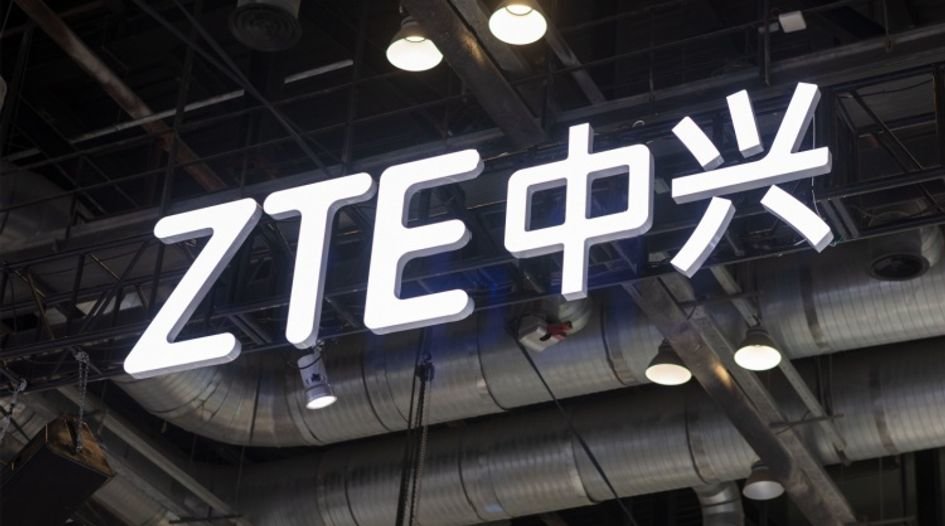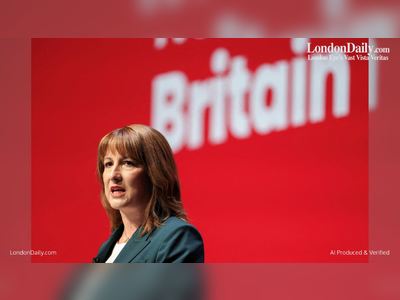
UK Court of Appeal Green-lights ZTE Appeal, Undermines Bad-Faith Finding Against SEP Owner
English appellate panel signals SEP owners are not acting in bad faith simply by choosing their home court for FRAND rate-setting
A pivotal ruling by the England & Wales Court of Appeal has reversed a critical finding of bad-faith conduct in the dispute between Samsung Electronics and ZTE Corporation, reshaping the strategy for licensing battles over standard-essential patents (SEPs) in the United Kingdom and beyond.
The court granted ZTE leave to appeal the June 2025 decision by the High Court of Justice of England & Wales, signalling that a SEP holder cannot be presumed to be negotiating in bad faith simply because it prefers its home jurisdiction to determine global fair, reasonable and non-discriminatory (FRAND) terms.
In the original High Court judgment, Samsung had secured a declaratory interim licence and the court found that ZTE had “acted in bad faith” by pursuing parallel injunctions and insisting on Chinese jurisdiction via the Chongqing Intermediate People’s Court.
The judge held that ZTE’s proposal of an interim licence subject to final adjustment by a Chinese court undermined the UK proceedings.
However the appellate court has now taken a different tack, emphasising that jurisdictional preference alone does not equate to bad faith and must be assessed in context.
ZTE had offered Samsung an interim licence on terms that included retrospective and prospective adjustment aligned with any global FRAND determination by the Chinese court.
Samsung’s counter-proposal sought adjustment by the English court.
The High Court dismissed ZTE’s jurisdictional preference as an attempt to render the UK action “pointless.” On appeal, the Court of Appeal accepted ZTE’s submission that there was no automatic bad-faith rule against a SEP owner choosing its home court.
The appellate bench also granted ZTE permission to challenge the declaratory interim licence decision, putting the enforcement of that relief on hold pending appeal.
The decision carries immediate significance: SEP owners may now more confidently assert their preferred forum without automatic exposure to findings of bad faith, whereas implementers must now more precisely demonstrate misconduct beyond mere forum selection.
Licensing parties must reassess how parallel proceedings, forum-shopping risks and interim licences are positioned.
While the High Court remains the first-instance venue for future global FRAND licence determinations, this Court of Appeal intervention may narrow the circumstances in which bad-faith findings can be sustained.
As the Samsung–ZTE dispute continues across China, Germany and the Unified Patent Court, the UK appellate ruling invites a heightened focus on jurisdictional strategy rather than simply optics of global litigation volume.
The Court of Appeal’s judgment represents a recalibration of UK patent jurisprudence on SEPs, offering renewed clarity on the limits of “bad-faith” findings and marking the UK as a jurisdiction attentive to procedural fairness in complex global licensing wars.
The court granted ZTE leave to appeal the June 2025 decision by the High Court of Justice of England & Wales, signalling that a SEP holder cannot be presumed to be negotiating in bad faith simply because it prefers its home jurisdiction to determine global fair, reasonable and non-discriminatory (FRAND) terms.
In the original High Court judgment, Samsung had secured a declaratory interim licence and the court found that ZTE had “acted in bad faith” by pursuing parallel injunctions and insisting on Chinese jurisdiction via the Chongqing Intermediate People’s Court.
The judge held that ZTE’s proposal of an interim licence subject to final adjustment by a Chinese court undermined the UK proceedings.
However the appellate court has now taken a different tack, emphasising that jurisdictional preference alone does not equate to bad faith and must be assessed in context.
ZTE had offered Samsung an interim licence on terms that included retrospective and prospective adjustment aligned with any global FRAND determination by the Chinese court.
Samsung’s counter-proposal sought adjustment by the English court.
The High Court dismissed ZTE’s jurisdictional preference as an attempt to render the UK action “pointless.” On appeal, the Court of Appeal accepted ZTE’s submission that there was no automatic bad-faith rule against a SEP owner choosing its home court.
The appellate bench also granted ZTE permission to challenge the declaratory interim licence decision, putting the enforcement of that relief on hold pending appeal.
The decision carries immediate significance: SEP owners may now more confidently assert their preferred forum without automatic exposure to findings of bad faith, whereas implementers must now more precisely demonstrate misconduct beyond mere forum selection.
Licensing parties must reassess how parallel proceedings, forum-shopping risks and interim licences are positioned.
While the High Court remains the first-instance venue for future global FRAND licence determinations, this Court of Appeal intervention may narrow the circumstances in which bad-faith findings can be sustained.
As the Samsung–ZTE dispute continues across China, Germany and the Unified Patent Court, the UK appellate ruling invites a heightened focus on jurisdictional strategy rather than simply optics of global litigation volume.
The Court of Appeal’s judgment represents a recalibration of UK patent jurisprudence on SEPs, offering renewed clarity on the limits of “bad-faith” findings and marking the UK as a jurisdiction attentive to procedural fairness in complex global licensing wars.










